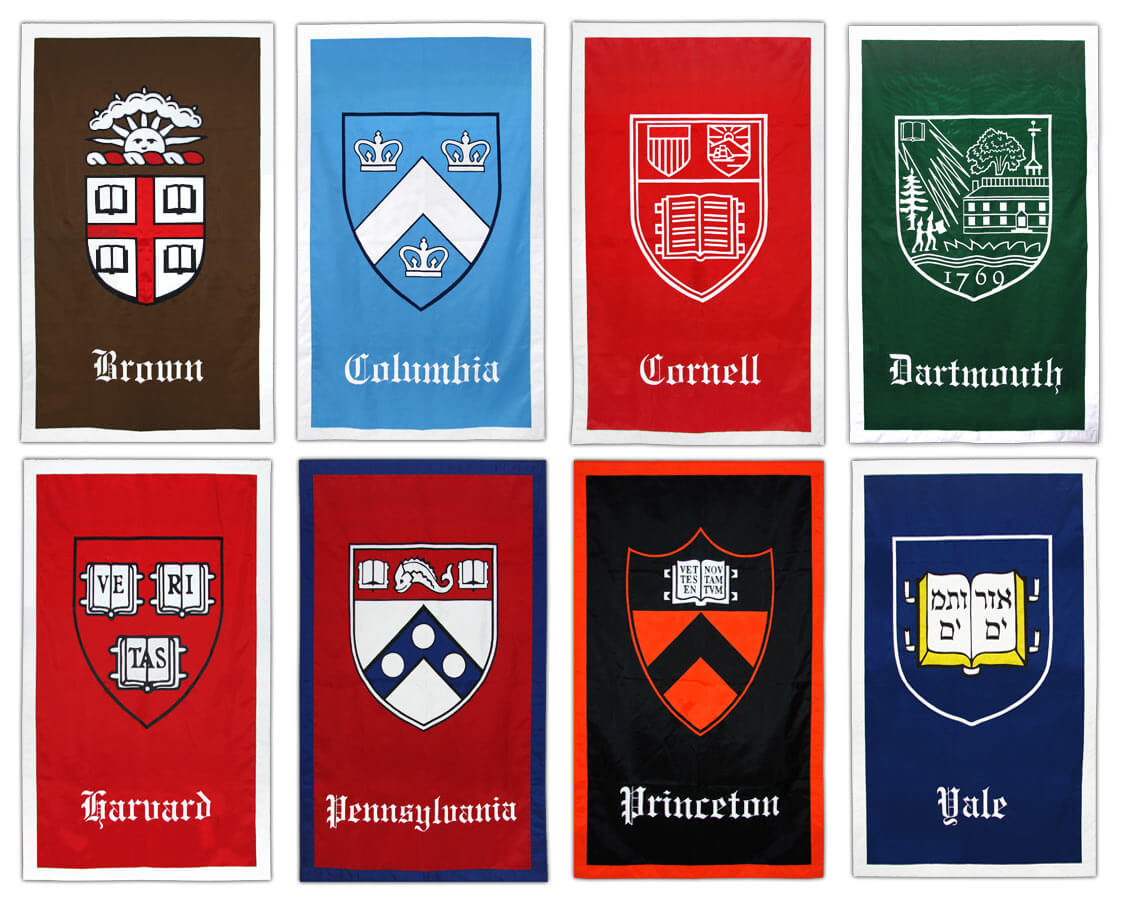ForeignServiceExam.org has learned that graduates of Ivy League schools pass the FSOT at a higher rate than other applicants. Exam officials are probably scratching their heads after spending spent enormous time and money to recraft the Foreign Service Exam — at least the first (or written) test — to make it more diversity friendly.
This reminds me of rogue CIA agent Philip Agee’s remarks in his book, Inside the Company: CIA Diary, how in the Agency in the 1960s and 1970s sought more applicants from the Midwest, eschewing the Ivy League
So why do Ivy Leaguers pass more than graduates of other schools? I think it’s pretty clear:
- Ivy League applicants study a Liberal Arts curriculum that the new FSOT — even in its revised form — continues to focus on;
- Most Ivy League colleges still insist on clear and succinct writing;
- Ivy Leaguers have secured admission to the cream of U.S. universities on the basis of test scores and essays. Someone admitted to Harvard, Yale, and Dartmouth has mastered the art of test-taking and completing admission applications with interesting, innovative essays;
- Finally, FSOT applicants from Ivy League schools are a group that follows the news and probably has for years; that is, they read the NY Times, Washington Post, and Wall Street Journal since they were young.
I will not say that Ivy League graduates are smarter. Of course, many are brilliant and qualified to serve in the Foreign Service, but you can compete against anyone — if you prepare.
So Why Aren’t There More Ivy Leaguers in the Foreign Service
However, on an anecdotal note, in my last years in the Foreign Service (circa 2006-12) at Main State, I didn’t run into a lot of Ivy League Entry Level Officers (ELO). As I recall, many were from state universities and small liberal arts colleges. Among Civil Servants, there were a large number with master’s degrees from Johns Hopkins (SAIS) and American University.
Why so few from the Ivy League? I see two reasons: 1) the Board of Examiners may have knocked out Ivy Leaguers in the (arbitrary) Personal Narrative or Suitability Review Panel phases of the exam process, or 2) most of the Ivy League graduates who pass Part 1 of the FSOT end up not joining the State Department. Unwilling to put up with the 12+ month wait and the uncertainty of passing all sections of the test, they opt to take jobs on Wall Street, with international consulting firms or other corporations that could get them overseas.
Again, I bring up this Ivy League edge not to freak you out, but to underline again the importance of preparing for the exam, especially devoting sufficient time to your writing.
P.S. I went to the University of Chicago.
P.P.S Philip Agee died in 2008 in Havana, and up to his death remained one of the CIA’s fiercest critics. He was a graduate of the University of Notre Dame. You can learn more about Agree here and here

Speak Your Mind